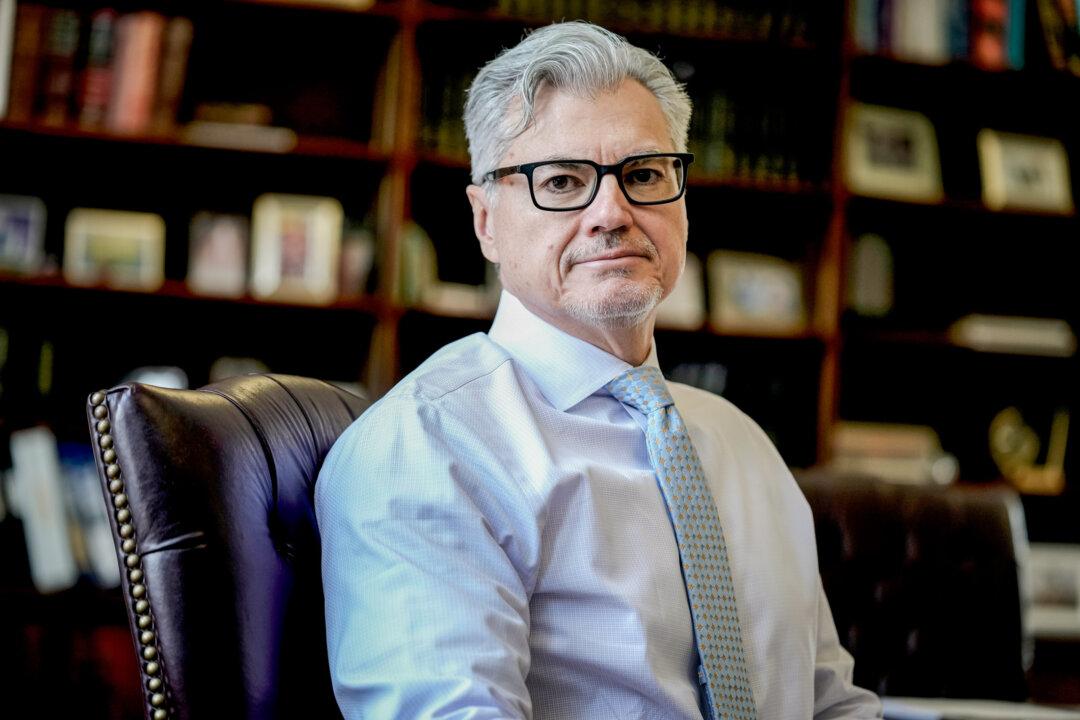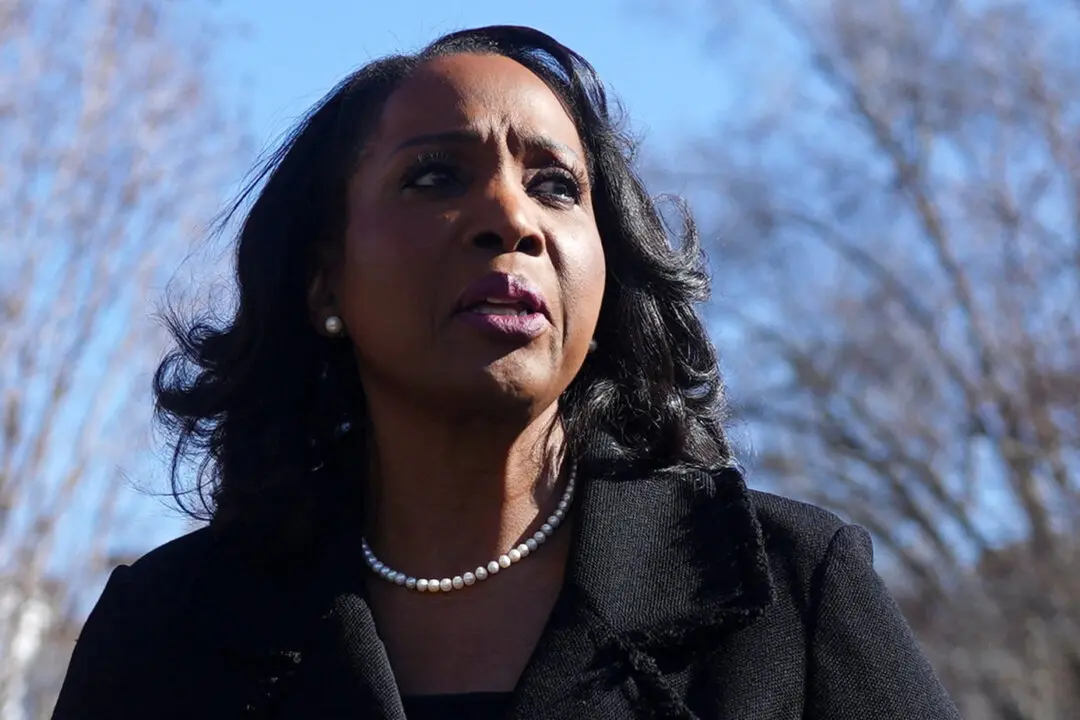New York State Supreme Court Justice Juan Merchan has delayed ruling on President-elect Donald Trump’s immunity arguments in his falsified documents case.
In emails released on Nov. 12, Merchan’s law clerk told Trump’s attorneys and the Manhattan District Attorney’s office on Nov. 10 that the court would grant a delay request from both parties.





